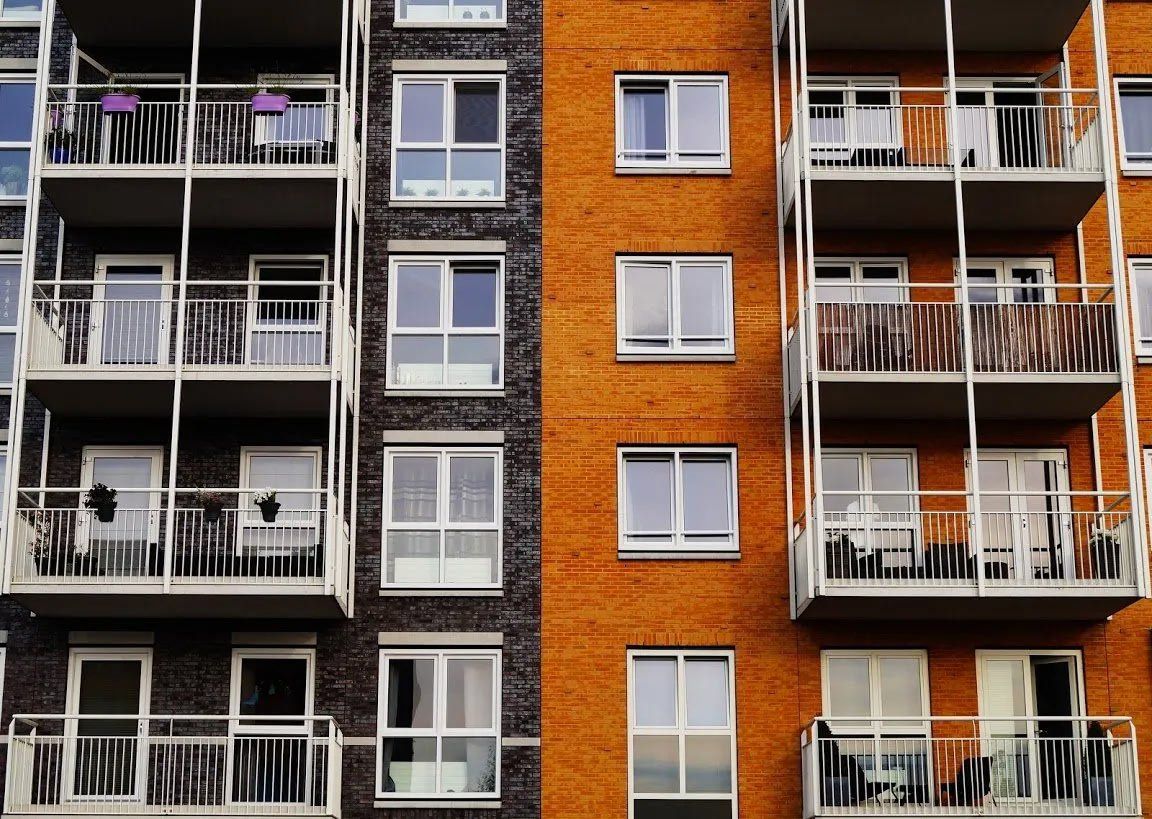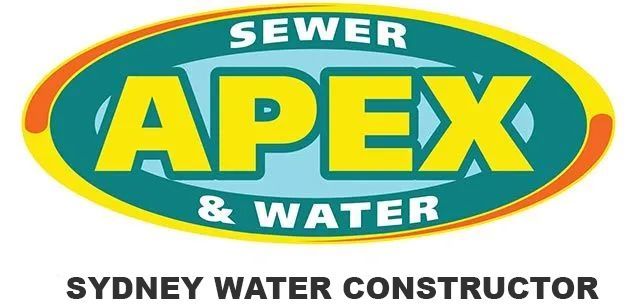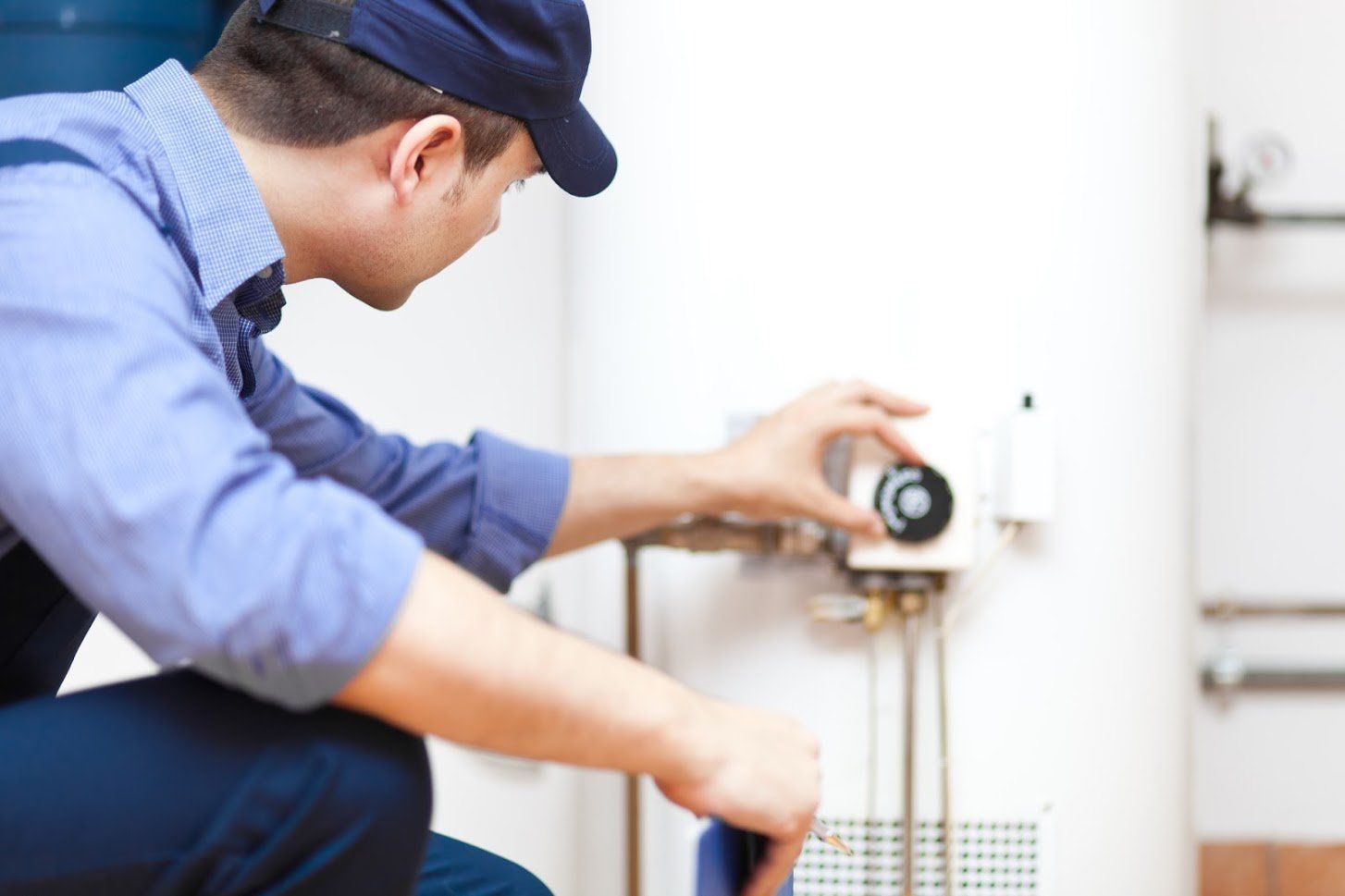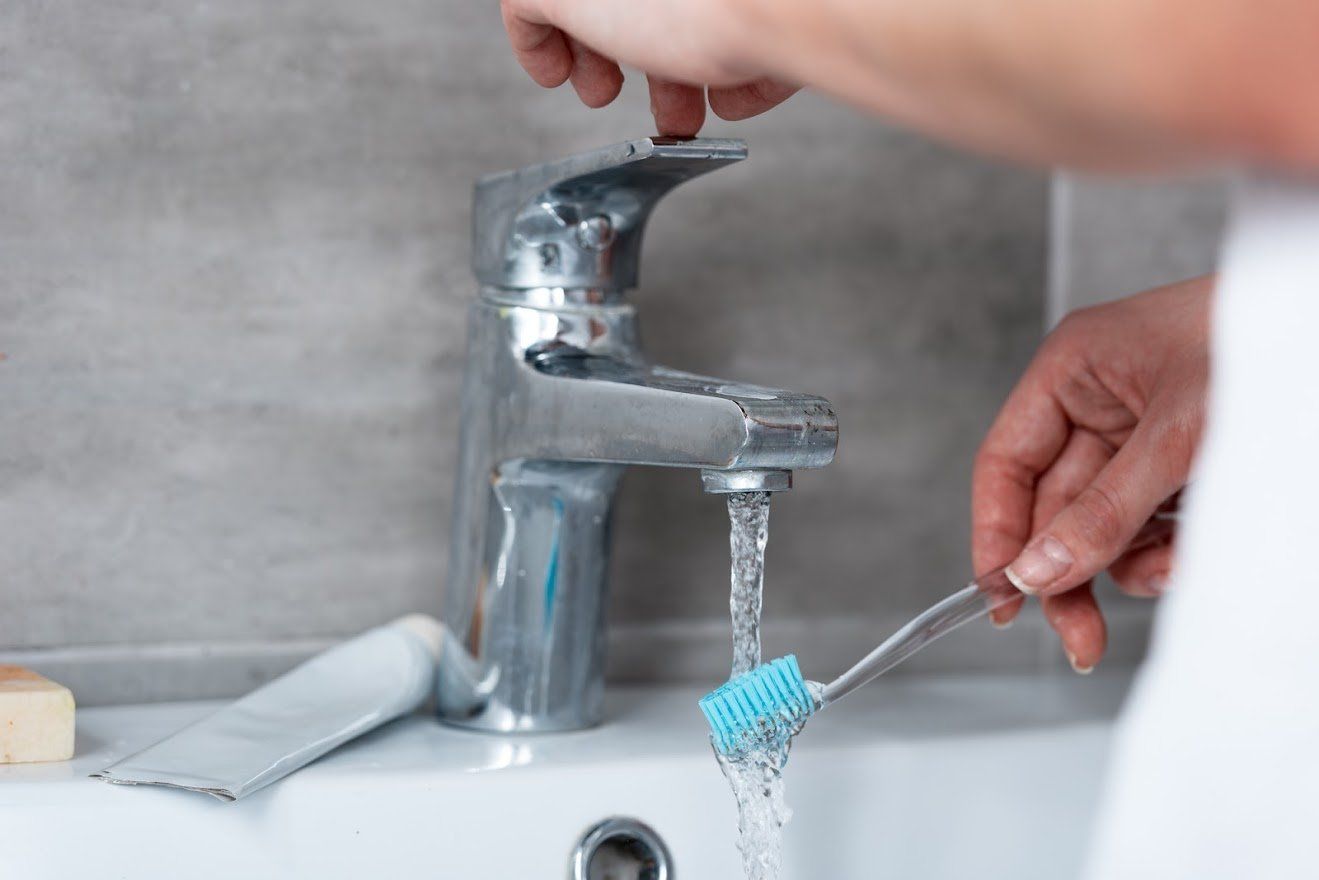3 Reasons Why Taps Make Hissing Sounds
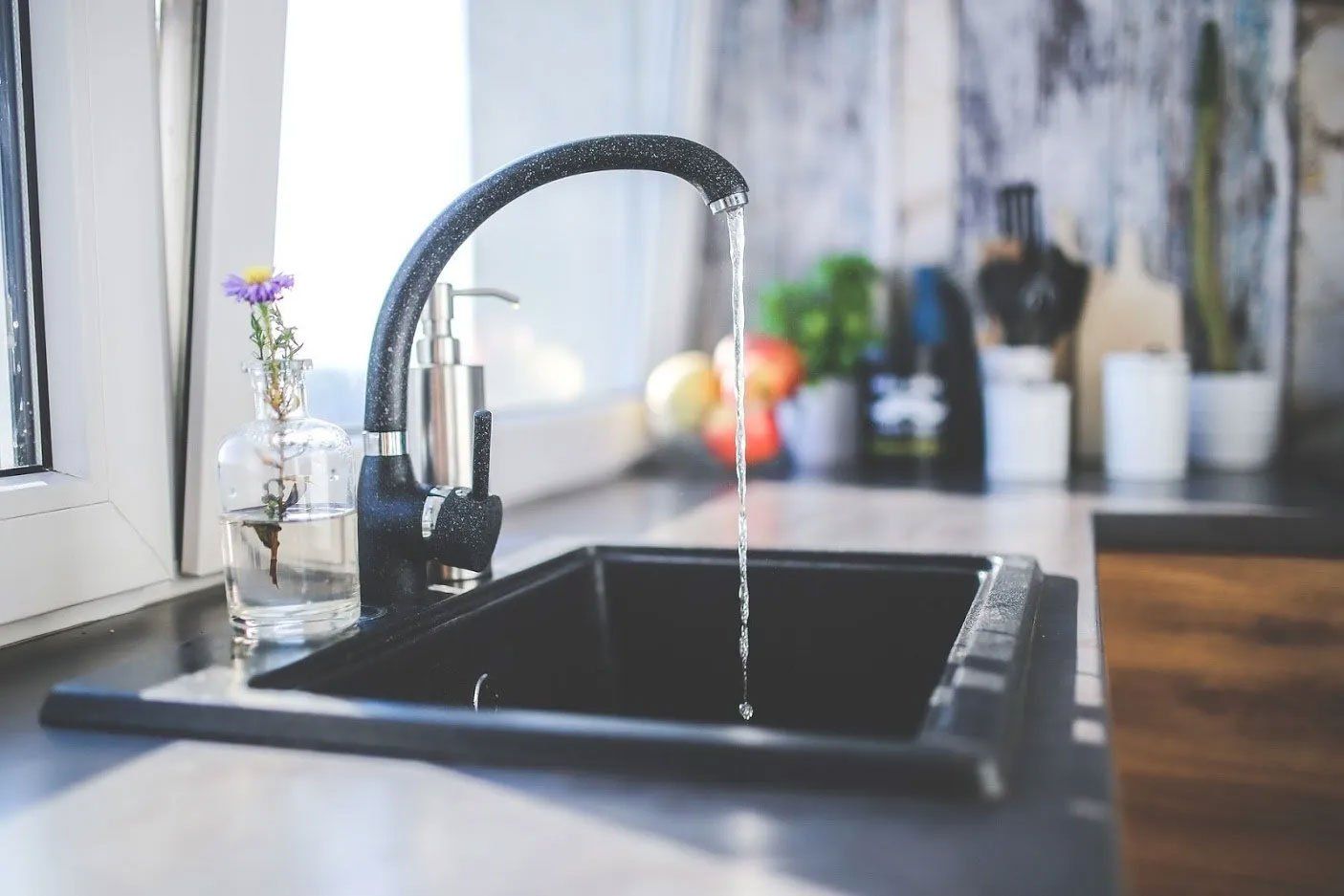
Unusual sounds in or around water taps are usually a sign that something is wrong. Taps and their pipes make various noises when they aren't working quite right.
If one of your taps has started to make a hissing sound, then you should work out what is going on. You might hear this sound when you turn on the tap or when you turn it off. In some cases, a tap hisses for no apparent reason when you aren't using it. This sound doesn't necessarily mean you have a major problem right now, but you should try to work out where the problem lies. Learn more about the issue.
1. Your aerator has a problem
Some taps contain aerators at the spout. These water-saving devices control the flow of water by mixing it with air so that you can use less water but maintain adequate pressure and flow.
If your tap has an aerator, then this is the first thing to look at. Problems with these devices often create a hissing noise.
For example, an aerator can wear or move out of position; scale can block up its holes. If the device has these kinds of problems, water can't flow evenly through it.
Some water might get stuck behind the device. Or, some flow might have to force itself through a tighter or blocked space. The hiss you hear is the water trying to run through a space that won't let it through.
If you have a scale problem, then cleaning the aerator might fix the problem. If the device is worn, broken or too gummed up to clean, then you might need to replace it.
2. Your tap has an internal problem
Taps sometimes make hissing sounds because of a problem with an internal part. Anything that is out of position, broken, worn or corroded affects water flow.
For example, rubber washers wear down over time. They lose their tight fit. Worn or corroded threads, loose screws and stuck valves also sometimes cause a problem.
Rather than coming straight down out of the tap, water is diverted or gets stuck. As well as hearing a hiss, the tap itself might vibrate a little when you turn it on if it has an internal problem.
If your tap hisses because of a degraded or broken part, then the noise should stop if you fix or replace the part. Once water flows freely again, your tap should go back to normal.
3. Your water pressure has a problem
Water should come out of your taps at a specific pressure. When your pressure settings are correct, you should get a strong and adequate force of flow that is neither too weak nor too strong.
If your tap mainly hisses when you turn it on, then your pressure setting might be too high. Your water runs through your pipes at the wrong rate. Your system applies too much force to it, and the rush of water makes a hissing noise when you use the tap.
Pressure problems also show in other ways. For example, you may hear hissing in other areas around the tap such as in the sink or in the tap's supply pipe. The tap might hiss even when it isn't in use.
High pressure can be down to a faulty regulator in your plumbing system. The regulator might not be on the right setting or it might need a repair or replacement.
Even though a hissing tap doesn't mean that you have a major problem, you should find the cause of the noise and fix it. If you ignore plumbing problems because they seem insignificant now, you could end up with a bigger issue and a more expensive repair down the line.
To find out exactly why your tap hisses, contact S.P.K Plumbing & Civil. We will track down the source of the sound and make things good again quickly and efficiently.
You might also like
